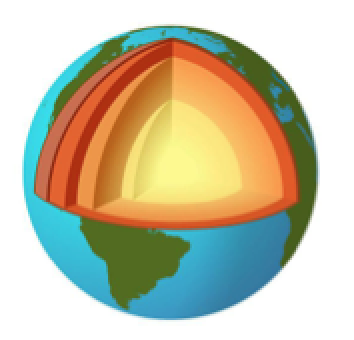
Not so Hot! Reevaluating the temperature of ancient oceans
Do you ever get discouraged by how long it takes to change the temperature of the water in your bath tub? Well, it could be

Do you ever get discouraged by how long it takes to change the temperature of the water in your bath tub? Well, it could be
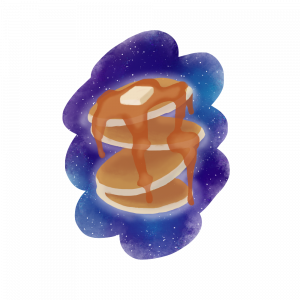
“We are stardust,” sang Joni Mitchell at Woodstock. Yes, with the exception of dark matter, the atoms that make up the vastness of space and
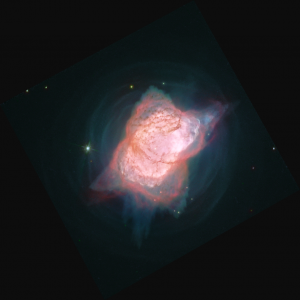
Hydrogen and helium are the two most abundant and simplest elements in our universe. They are crucial for star formation and other processes like stellar

Nuclear power holds potential to be a powerful and emission-free energy source. With a growing demand for energy and fear of pollution from fossil fuels,

Solar panels have become a common fixture of clean, renewable technology, providing energy from the sunlight rather than fossil fuels. These panels are covered in
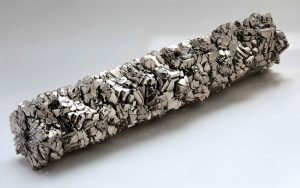
When we study the properties of elements in a typical chemistry classroom, we assume the elements are subject to normal atmospheric pressure on Earth. But

You have most likely seen them before: surfaces such as coatings on medical devices that claim to have anti-bacterial properties, killing germs that land on

The term “black hole” was coined in the 1960s by physicist Robert Dicke, aptly deriving from the Black Hole of Calcutta, an inescapable prison. But
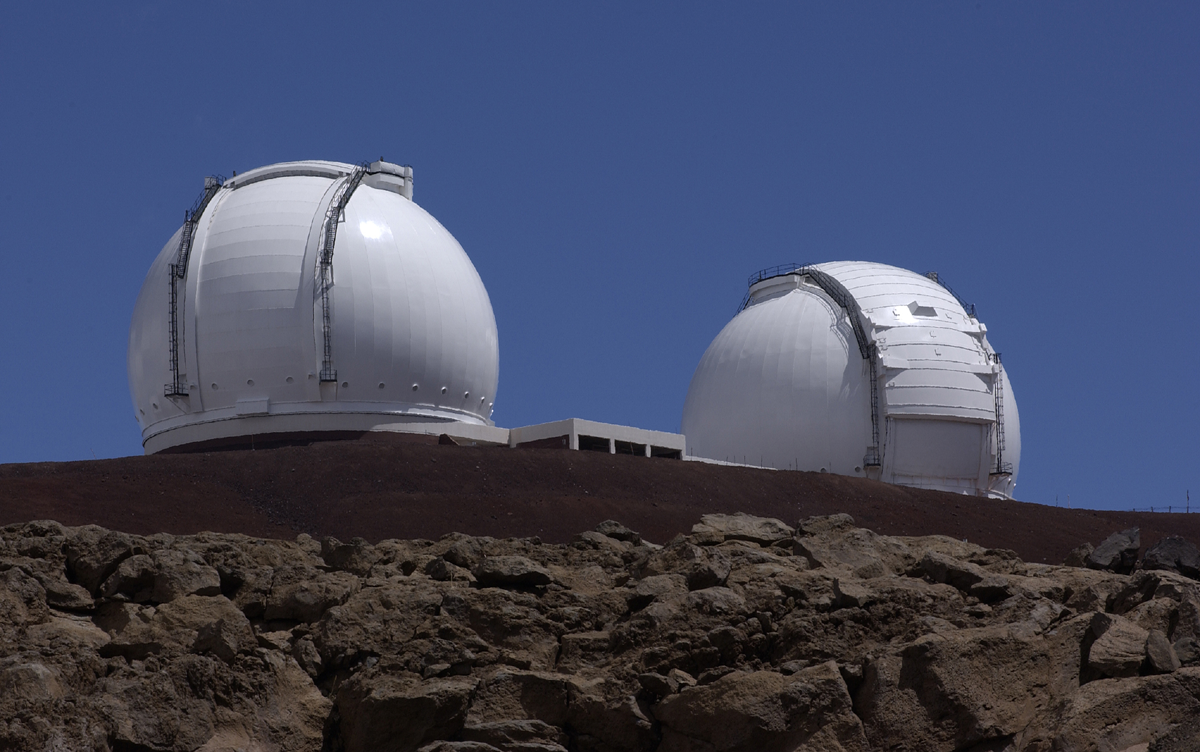
Have you ever wondered what may exist outside our solar system? In order to better understand our galaxy, NASA utilizes space telescopes to survey the

Once known as “Dr. Wiley’s Law,” the Pure Food and Drug Act of 1906 was the first of many regulations that advocated for food safety

The Future of Fusion Energy by Jason Parisi (YC ’16), a PhD student at Oxford, and Justin Ball, a researcher at the Swiss Federal Institute

“I’ve basically known that I want to do physics for probably a decade now,” said Cady van Assendelft, a senior intensive physics major at Yale.